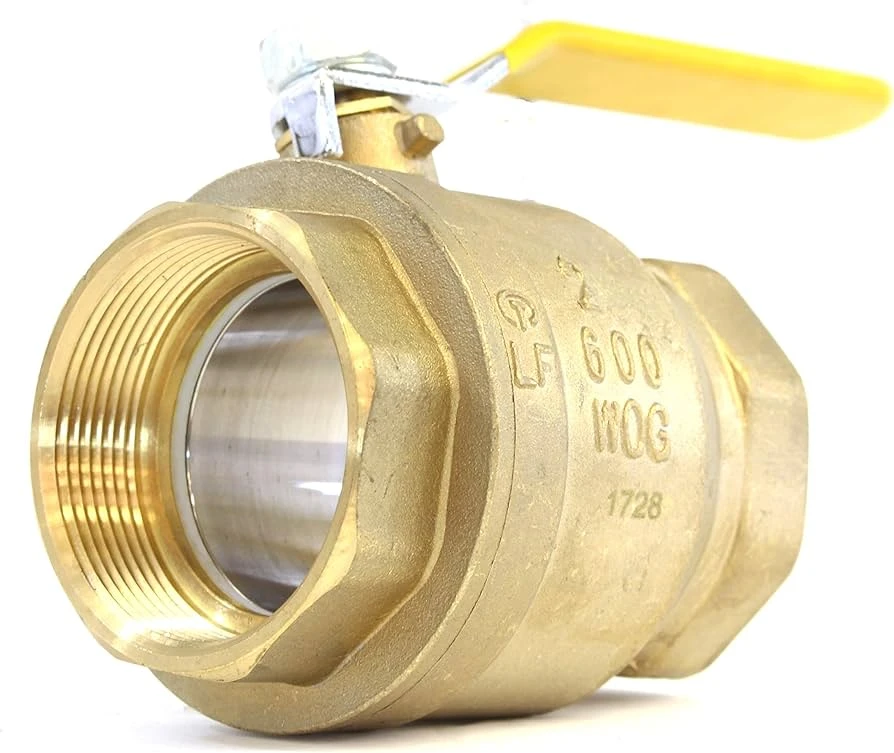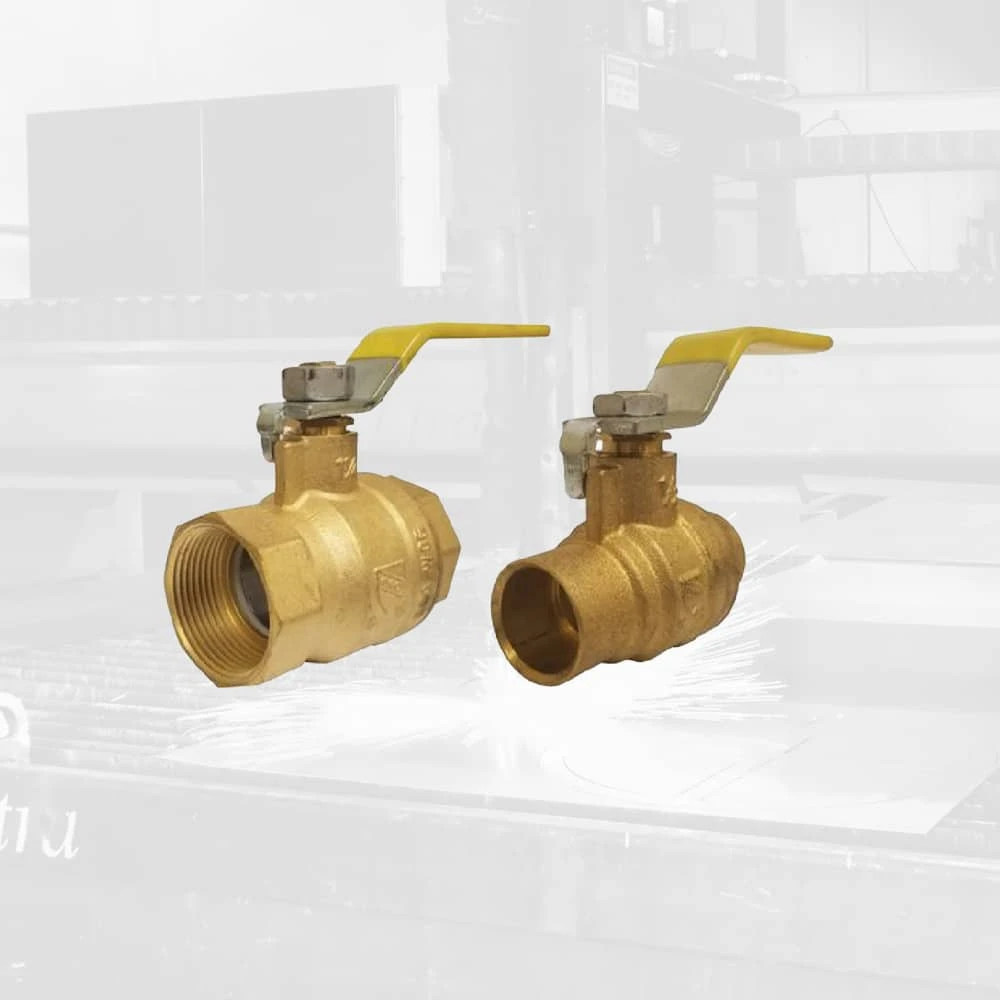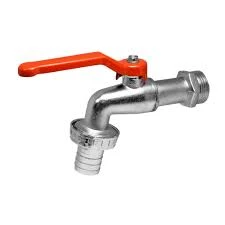Brass Ball Valves EN ISO 1452 are a type of valve used to control the flow of liquids or gases through a pipeline. They are known for their durability, reliability, and ease of use. When discussing flow control in the context of brass ball valves, it’s important to understand how these valves work and their typical applications. Here’s a comprehensive overview:
1. Design and Operation
- Ball Valve Mechanism: A brass ball valve operates using a spherical ball with a hole (or port) through its center. When the valve handle is turned, the ball rotates to align or misalign the hole with the flow path. This allows for precise control of fluid flow.
- Full Port vs. Reduced Port: Brass ball valves can be designed with either a full port or a reduced port. Full port valves have an internal diameter that matches the pipeline, providing minimal resistance and better flow. Reduced port valves have a smaller opening, which can cause a slight pressure drop but may be more cost-effective for certain applications.
2. Advantages of Brass Ball Valves
- Durability: Brass is a strong and long-lasting material, capable of withstanding significant wear and tear. It is well-suited for both residential and industrial applications.
- Corrosion Resistance: Brass offers good resistance to corrosion and rust, making it suitable for use in various environments, including water and gas systems.
- Leak-Proof Sealing: The design of brass ball valves ensures a tight seal when closed, minimizing the risk of leaks and ensuring reliable performance.
3. Flow Control
- On/Off Control: Brass ball valves are often used for simple on/off control of fluid flow. When fully open, the valve allows maximum flow; when closed, it completely stops the flow. This makes them useful for isolating sections of a system.
- They are ideal for applications that require frequent operation and on/off control.

4. Applications
- Industrial Processes: In industrial settings, brass ball valves control the flow of various fluids and gases, including water, air, and certain chemicals. They are used in systems where reliable and durable flow control is necessary.
- Irrigation Systems: Used in agricultural and landscaping irrigation systems to manage the flow of water. The ease of operation and durability make them suitable for outdoor use.
5. Maintenance
- Low Maintenance: Brass ball valve generally require minimal maintenance. Periodic inspection and lubrication of the handle and stem can help ensure smooth operation and extend the valve’s lifespan.
- Inspection: Regularly check for leaks or signs of wear, especially in high-use applications. Ensuring the valve operates smoothly will help maintain system efficiency and prevent potential issues.
Conclusion
Brass Ball Valves are an excellent choice for flow control in various applications due to their durability, ease of use, and reliable performance. They are particularly effective for on/off control and can handle a range of fluids and gases. While they may not provide the same level of precise flow regulation as other types of valves, their robust construction and simple operation make them a popular option for both residential and industrial systems.


















